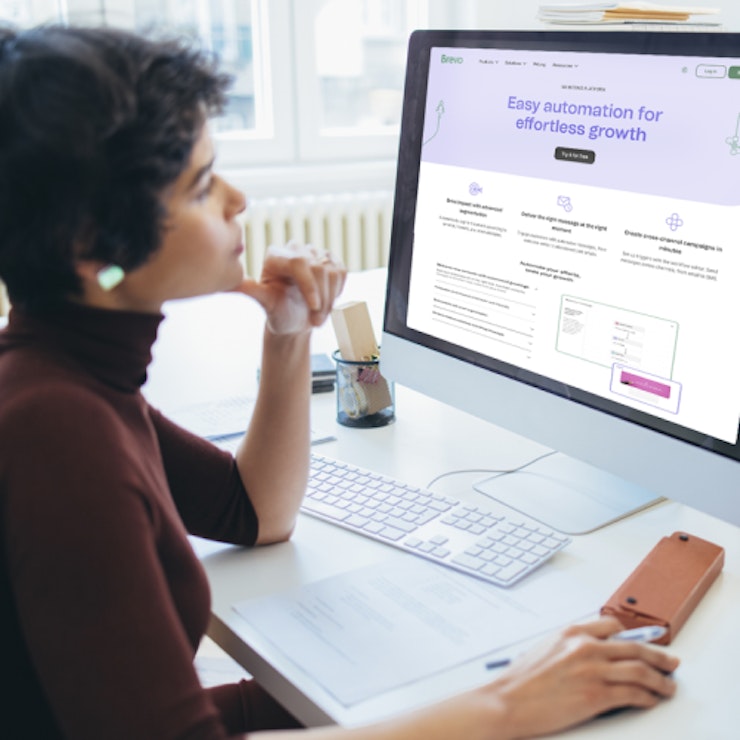
When you’re in the thick of building your career and figuring out what you want to do with your life, the journey can seem very random and arbitrary. But whether you realize it or not, you’re always moving through the following six stages of career development.
Stage 1: Assessment
For most people, this stage begins after they graduate from college. You may know a few things you enjoy doing, but you aren’t fully aware of your skill sets and what you have to offer in the workforce.
At this stage, you should focus on self-awareness and getting feedback from other people about your strengths and weaknesses. Taking self-assessment tests or working with a career coach can help you move through this phase with more ease.
Stage 2: Investigation
At this stage, you start to become more aware of all of the options available to you. If you’re feeling confused or overwhelmed, then you’re probably doing it right.
During this stage, you should begin networking and talking to professionals that are a few years ahead of you. They can offer guidance on what worked for them and the steps they took to identify their career path.
It’s important to have a positive attitude and keep an open mind during the investigation stage. You may be surprised by the opportunities that sound interesting to you.
[Read more: How to Network the Right Way, According to Experts]
Stage 3: Preparation
Once you reach the preparation stage, you’re working in your chosen profession and beginning to gain more knowledge and skills. You’re also starting to set career goals and think about your future.
This stage is one of the most exciting because you’ve finally gained some clarity and are beginning to make forward momentum.
Many people at this stage realize that they still aren’t working in their ideal position, but that’s normal. This stage is about building the experience you need to move to the next point in your career.
Once you reach the commitment stage, you’ve narrowed in on the type of work you want to do and you have a specific action plan for moving forward.
Stage 4: Commitment
Once you reach the commitment stage, you’ve narrowed in on the type of work you want to do and you have a specific action plan for moving forward. You’re focused on finding new opportunities and taking on additional responsibilities at work.
It’s important not to lose focus or become distracted at this point in your journey. Instead, take the time to lean into your network and focus on career development.
[Read more: How to Quit Your Job to Start a Business]
Stage 5: Retention
By now, you’re a respected professional within your industry, and other people look to you as a leader. Your knowledge and experience have made you a proven expert within your field.
It feels great to reach the retention stage, but there are downsides as well. Many people get comfortable at this stage, relax and stop trying to grow and progress further.
It’s essential to keep growing, improving your skill sets and staying current with industry standards. And you should continue looking ahead and anticipating future career milestones.
Stage 6: Transition
Once you’ve become an expert in your field, you may reach a point at which you conclude that you’ve gone as far as you can go within your current position or industry. You may feel unsure of what your next steps are or what else you would enjoy doing.
At this point, it’s time to transition to the next phase of your career. The transition stage is an uncomfortable point to be at because it can feel like you are starting over from scratch. Fortunately, you’ve already built the resiliency and self-awareness you need to figure out what your next move is.
The process of transitioning will look different for everyone. It could involve taking on another position in your industry or changing industries altogether.
CO— aims to bring you inspiration from leading respected experts. However, before making any business decision, you should consult a professional who can advise you based on your individual situation.
Want to read more? Be sure to follow us on LinkedIn!
CO—is committed to helping you start, run and grow your small business. Learn more about the benefits of small business membership in the U.S. Chamber of Commerce, here.










